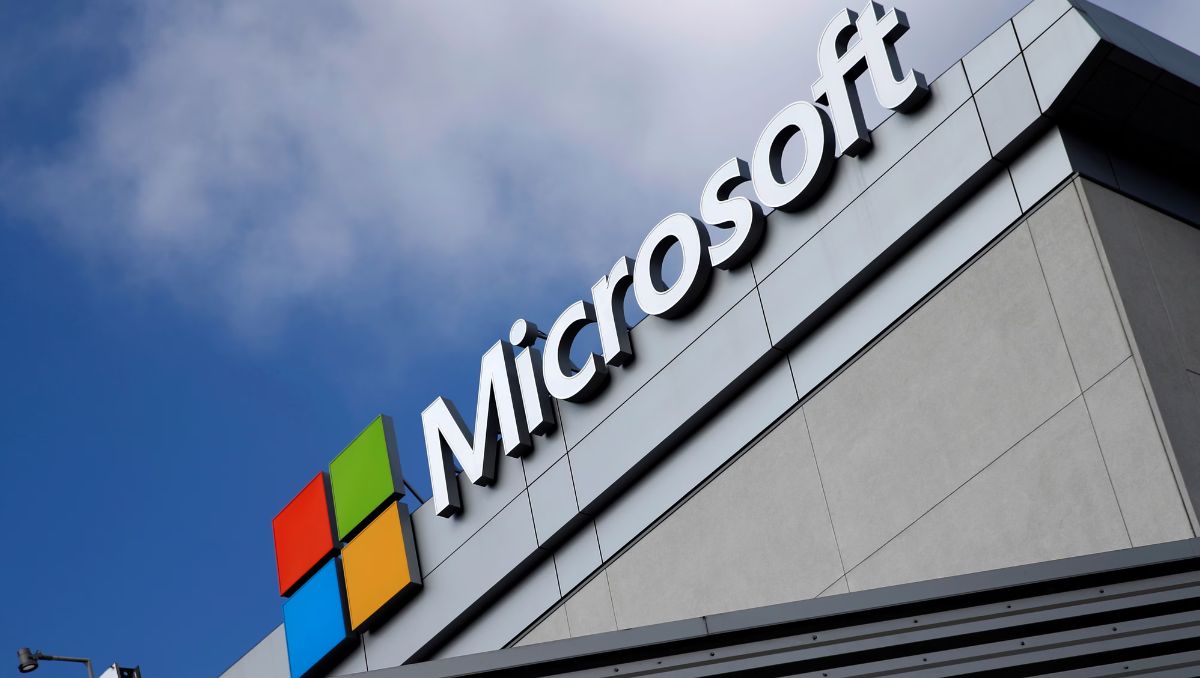Biden Administration Considers AI Chip Sales Cap to Persian Gulf Nations
LATEST news
-
 Microsoft & Nvidia Announce Up to $15 Billion Investment in AnthropicNews
Microsoft & Nvidia Announce Up to $15 Billion Investment in AnthropicNews -
 AI Innovation Helps Couple Conceive After 19-Year StruggleNews
AI Innovation Helps Couple Conceive After 19-Year StruggleNews -
 Tesla Launches Cheaper Model Y and Model 3 to Boost SalesNews
Tesla Launches Cheaper Model Y and Model 3 to Boost SalesNews -
Google Merger of Android and ChromeOS Confirmed — Qualcomm CEO Confirms He's Experienced It in OperationNews
-
Microsoft Unveils In-House AI Models to Challenge OpenAINews
It has been suggested that the White House will consider imposing a limit on the sale of state-of-the-art AI chips such as those produced by Nvidia and AMD to some Persian Gulf countries in the name of national security. As Bloomberg points out, this may impact export licenses with a focus being Saudi Arabia and the United Arab Emirates as these countries are investing significantly in AI data centers.
Currently, the U.S. officials consider the domestically produced AI chips as an invaluable commodity in the international market. In February last year, the US restricted the export of these superior chips to China and has put restriction on export to 40 more countries to prevent possibilities of indirect sale to China.
The current debates mirror emerging US fears over increased engagement of Persian Gulf countries in AI industry. Saudi Arabia has proposed a mega fund, worth $40 billion, which it intends to invest in for AI technology in the year 2023. Further, it turns out by sources and previous coverage, OpenAI has discussed coming in to invest on the latest funding round of $6.6 billion with the help of UAE-back investment fund.
These potential restrictions highlight the so-called double-edged sword that the US has to walk on the one hand, to support the globalization, and on the other – to protect intellectual property rights in the face of intensification of competitive pressure on the global level.



